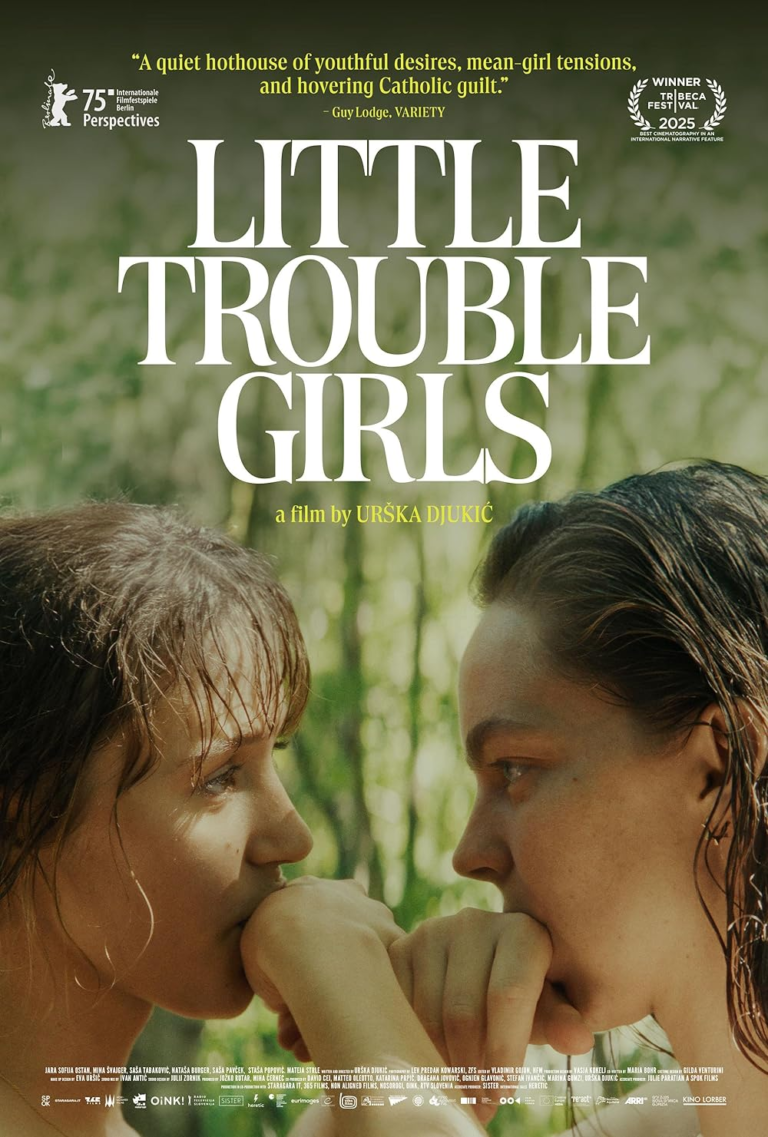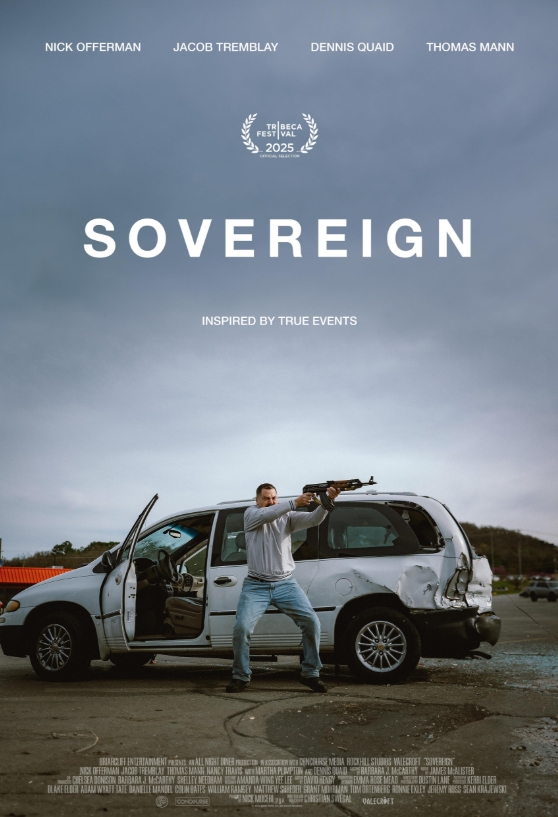The Agency Christian Review

Every so often, a television show comes along that makes you sit up and pay attention—not because it’s perfect, but because it dares to be ambitious, even if it doesn’t always succeed. Paramount+ and Showtime’s The Agency is one of those shows. It’s an espionage thriller that leans more into the cerebral than the explosive, more into the human cost of double lives than the flashy gadgetry we’ve come to expect from the genre. But don’t let that intrigue fool you into thinking this series is a slam dunk. Instead, it’s an uneven puzzle, one that teeters on the edge of brilliance before stumbling over its own ambition.
Espionage as an Existential Puzzle
Three episodes in, I found myself simultaneously hooked and frustrated. The Agency isn’t the kind of show that lays all its cards on the table. No, it’s more like a high-stakes poker game where the players hold their cards close to their chests, and the audience is left squinting to piece together the rules. At first, it’s maddening—characters whisper cryptic dialogue, plot threads meander rather than sprint, and the pacing dares you to leave. But then something clicks.
The pacing, deliberate as it is, starts to feel like a design choice rather than a flaw. The show wants you to lean in, to pay attention, to earn your understanding of its world. There’s a peculiar satisfaction in that, like watching an intricate puzzle slowly come together. It’s not everyone’s cup of tea—if you’re looking for the pulse-pounding action of Mission: Impossible or the sleek escapism of James Bond, you might find yourself checking your watch. But for those willing to engage with its slow burn, The Agency offers something rare: an espionage story that feels grounded, even meditative.
The Price of Living in Shadows
What The Agency does best is capture the emotional toll of a life spent in disguise. Espionage, at its core, is a profession built on deception, and the show doesn’t shy away from the cracks it creates in its characters. Jeffrey Wright stands out as the beating heart of this ensemble cast. His performance is quiet but magnetic, embodying a man who’s mastered the art of concealment but is quietly unraveling beneath the surface.
This portrayal of the fractured self feels deeply relatable, especially from a Christian perspective. The Bible calls us to walk in the light, to be honest with ourselves and others (1 John 1:7). Watching these characters wrestle with their divided lives is a sobering reminder of the spiritual cost of duplicity. They live in a world where truth is negotiable, but the consequences of that negotiation are etched into their weary expressions and broken relationships.
When the Pieces Don’t Quite Fit
Yet for all its promise, The Agency struggles to make all its pieces fit. The tone, for one, feels like it’s at war with itself. At times, the show aims for the lofty introspection of a prestige drama; at others, it flirts with being a pulpy spy thriller. The result is a series that can’t quite decide what it wants to be, and that indecision trickles down into almost every aspect of its execution.
Take the dialogue, for instance. On occasion, it sparkles with sharp wit and insight. But just as often, it feels stilted, overwritten, as if the characters are speaking in riddles rather than having real conversations. It’s a shame because the show clearly has smart things to say about identity, loyalty, and the blurred lines between good and evil. But when the dialogue falters, those themes lose some of their impact.
A Story That’s Too Stylish for Its Own Good
Visually, The Agency is stunning. Joe Wright’s direction in the first episodes is cinematic in its ambition, with moody lighting and carefully composed shots that evoke the weight of the secrets being kept. But this aesthetic sophistication can’t fully mask the narrative weaknesses. The characters, while compelling in concept, often feel underdeveloped. We’re given glimpses of their internal struggles, but those glimpses rarely coalesce into something truly memorable.
There’s a lesson here, one that resonates on a spiritual level. The Bible warns against prioritizing appearances over substance (1 Samuel 16:7), and The Agency often falls into that trap. It’s a beautiful show to look at, but beauty without depth ultimately feels hollow.
The Ethics of Espionage: A Moral Minefield
One of the show’s most intriguing (and frustrating) aspects is its exploration of moral ambiguity. Spy dramas, by nature, dwell in gray areas, and The Agency leans heavily into this tradition. Its characters are constantly making choices that blur the line between right and wrong, and the show doesn’t offer easy answers.
For Christians, this moral ambiguity can be both compelling and troubling. On one hand, it reflects the complexity of a fallen world where clear-cut answers are often elusive (Romans 3:23). On the other hand, the show’s reluctance to take a definitive stance can feel like a missed opportunity to delve deeper into the spiritual implications of these choices.
A Few Stumbles Along the Way
Where the show truly falters, however, is in its explicit content. Scenes of gratuitous sex feel out of place in a series that otherwise aspires to be more than just another spy drama. These moments don’t add depth to the story or the characters; instead, they feel like unnecessary distractions.
As a Christian viewer, this is a significant drawback. Philippians 4:8 urges us to focus on what is pure and uplifting, and these scenes detract from an otherwise thoughtful exploration of espionage and identity.
The Cast Carries the Weight
Despite its flaws, The Agency benefits from a talented ensemble cast. Jeffrey Wright, as mentioned earlier, is a standout, bringing a quiet intensity to his role. Michael Fassbender, on the other hand, struggles to find his footing. His character’s emotional arc, particularly his relationship with Sami, feels undercooked and lacking in chemistry.
These uneven performances mirror the show’s broader struggles with consistency. Some moments shine with brilliance, while others feel frustratingly half-baked. It’s a testament to the cast’s skill that they manage to keep the series engaging, even when the writing doesn’t always support them.
A Mixed Verdict
In the end, The Agency is a show that promises more than it delivers. It’s a series of contrasts: ambitious but uneven, stylish but shallow, thought-provoking but frustratingly slow. For Christian viewers, it offers an opportunity to reflect on themes of identity, morality, and the cost of deception. But these moments of reflection are often overshadowed by the show’s pacing issues and explicit content.
If you’re willing to wade through its flaws, there’s something intriguing at the heart of The Agency. But whether that intrigue is enough to keep you watching is another question entirely.
Rating: 6.5/10
It’s a series with potential, but one that ultimately feels like a missed opportunity. For now, The Agency remains an incomplete puzzle—one that’s both fascinating and frustrating in equal measure.







